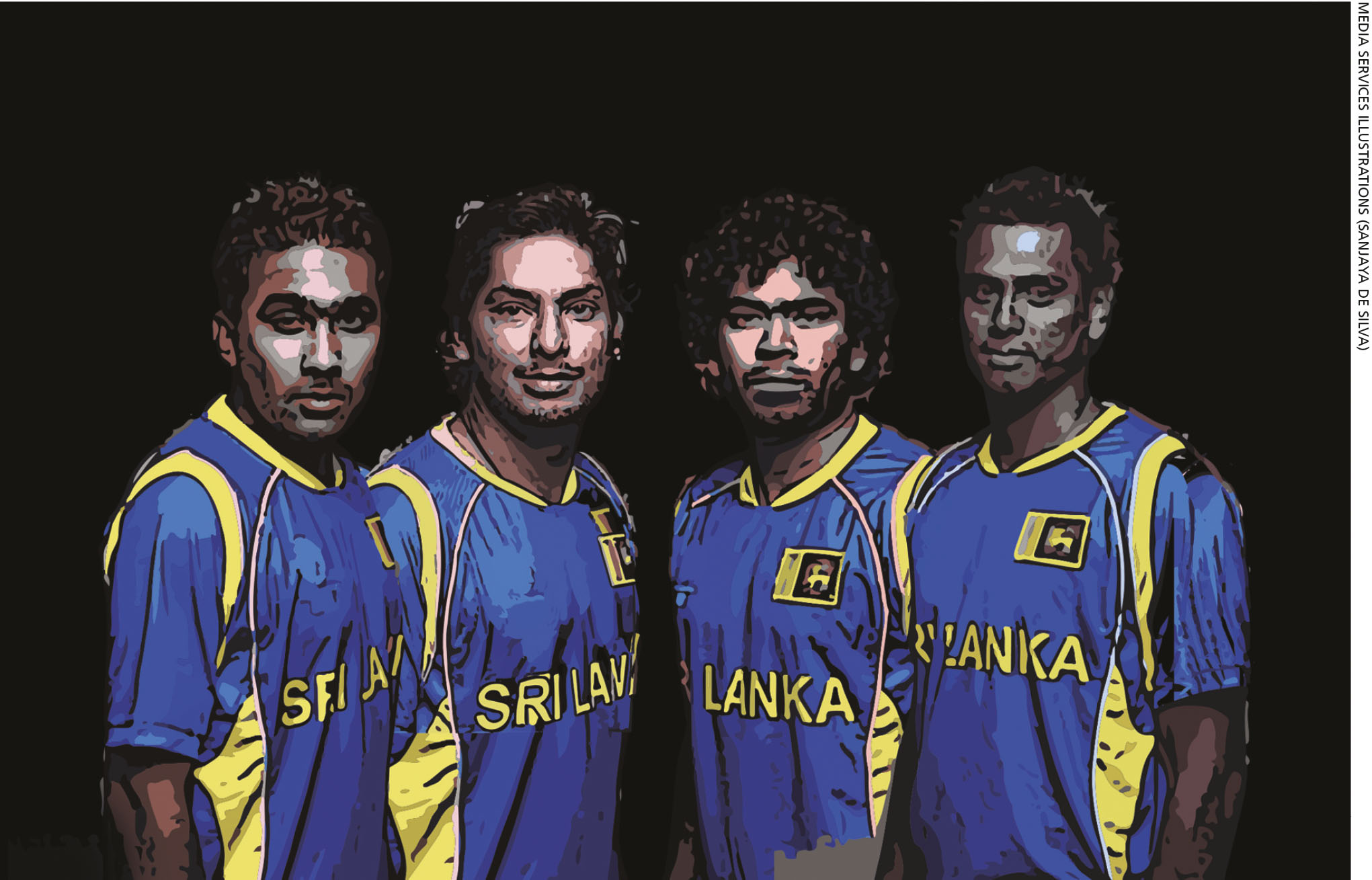LMD ARCHIVES
Q: How do compatriots in your country of domicile view Sri Lanka?
A: In the US and New York City (NYC) in particular, Sri Lanka is making a fringe impact – this is especially so when you consider the startup ecosystem in NYC.
SRI LANKANS OVERSEAS
THE STARTUP REVOLUTION
Thikshan Arulampalam delves into Sri Lanka’s entrepreneurial mindset
Countries such as Haiti, Vietnam, Ghana and Nigeria are mentioned more than Sri Lanka. Entrepreneurs from these nations promote and talk up their countries of origin. For some reason, entrepreneurs of Sri Lankan origin are reluctant to do so.
Q: What were your impressions of Sri Lanka on your last visit here?
A: In the last two years, I’ve been encouraged by the innovative attitude of young people in Sri Lanka. There seems to be much more enthusiasm among the youth to initiate startups.
We have an abundance of tech talent; yet, the motivation for this talent to venture out on its own is very limited. Maybe it’s a fear of failure or taking risks; or perhaps corporate interests snapping up fledgling ideas and bringing them to the market rapidly, which jeopardises or discourages bootstrapped entrepreneurs.
I continue to see the same old vested corporate groups trying to monopolise the entrepreneurial landscape. So the change has been marginal. We talk the talk but don’t walk the walk when it comes to encouraging entrepreneurship in this country.
Q: How do you perceive the island in terms of the progress it is making in the postwar era?
A: I view Sri Lanka as a nation that takes three steps forward and two steps back. It is quick to introduce new ventures and initiatives but when it comes to implementation, the country is very slow compared to other nations with similar constituents.
For instance, you  now have Uber in Colombo. But when one uses the ride sharing app, two major gaps appear: the drivers are hesitant to follow GPS instructions; and there is a lack of knowledge of the English language. This becomes a handicap even if they use the GPS service. Due to this low skill level, the drivers are unable to understand certain or most instructions.
now have Uber in Colombo. But when one uses the ride sharing app, two major gaps appear: the drivers are hesitant to follow GPS instructions; and there is a lack of knowledge of the English language. This becomes a handicap even if they use the GPS service. Due to this low skill level, the drivers are unable to understand certain or most instructions.
Q: In your view, why is there still no reversal of the brain drain?
A: Smart people will always seek smart opportunities. Where opportunities are present, the brains will gather.
The business community in Sri Lanka is a closely guarded group. The opportunity for someone out of this circle to enter it is a challenge. People are far too turf conscious.
There is also the government’s red tape for various tasks. For example, consider how difficult it is to register a digital company in Sri Lanka. I doubt that companies such as Airbnb or Fiverr could come out of Sri Lanka. Often, it is easier to establish such companies overseas and bring them to Sri Lanka later.
Access to domestic venture capital is another factor that’s worth considering.
Q: What must be done to entice Sri Lankans living overseas to contribute or return to their country of birth?
A: Make e-governance a priority – one should be able to register and fill forms electronically.
Q: On what should we focus most in the coming decade, in your view?
A: Disruptive entrepreneurship and peer-to-peer networks with an imaginative approach to research and development (R&D) – i.e. there’s a need to carry out random market tests. Conduct a series of market experiments with real consumers and crowdsource R&D.
Crowdsourcing can give away the element of surprise before a launch. Yet, the value from leveraging existing technology platforms and direct interaction with real users more than offsets the loss of control of conducting your own in-house R&D. This strategy is especially useful if you’re disrupting a space.
Let’s say you’re working on a hardware-related startup. As an entrepreneur, you know of fundraising services such as Kickstarter, Indiegogo and Fundable. These platforms are good to gauge if there is a demand for your products. You can also find early users before producing a single item. We hear people refer to startups in Sri Lanka but they’re trapped in traditional thinking. Traditional institutions such as
banks must change or be disrupted.
PickMe and ikman.lk are two good introductions. Yet, they don’t disrupt the traditional marketplace. Another key area where disruption is needed is advertising and the use of solar energy.
Q: What are your hopes for Sri Lanka in the post-conflict era?
A: Entrepreneurs shouldn’t be racially motivated in their hiring policies. The founders must be bold enough to recruit talent and staff without any racial bias. I see the business community having more racial and social biases now than say in the 1980s and ’90s.
There are two key suggestions for startup entrepreneurs.
First, opt for a hiring process that limits unintended bias. One way a cofounder can do this is by initially screening applications without any reference to gender and race (e.g. names). This form of ‘blind screening’ usually produces a more diverse pool of interviewees. Culturally, this can be challenging.
Second, consider whether your interview process screens for the skills you really need – that is, hiring for the future. You can miss out on highly qualified candidates by seeking the wrong characteristics with the short term in mind.



